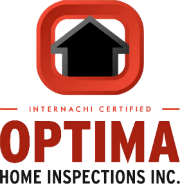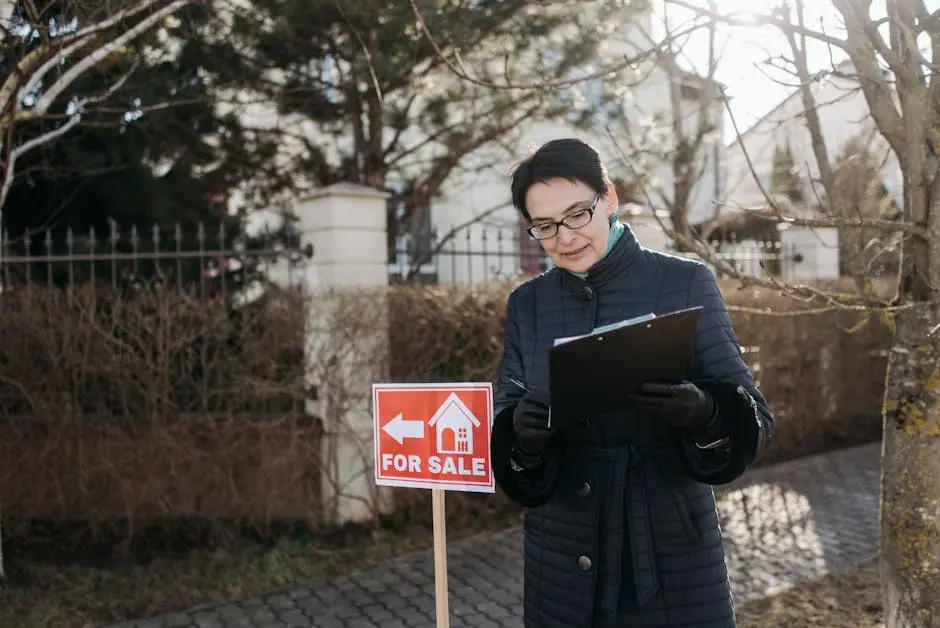Purchasing a home is an exciting milestone, but it can also be a daunting one. To ensure you’re making a sound investment, it’s important to understand every aspect of the property you’re buying. This is where a certified home inspector plays a crucial role. In this blog, we’ll explore what a certified home inspector does and why their expertise is invaluable during the home buying process.
What Does a Certified Home Inspector Do?
A certified home inspector assesses the condition of a property, focusing on its structure and systems. They examine everything from the roof to the foundation, including plumbing, electrical systems, and heating and cooling systems. Their goal is to identify any existing or potential issues that might affect the home’s value or your safety as the future owner.
Beyond just listing problems, certified home inspectors also educate potential homeowners on the inner workings and maintenance needs of their new property. For example, they might point out a small roof leak not yet causing damage but could lead to larger problems if left unattended. This proactive insight allows homeowners to prioritize repairs and prevent unexpected issues after moving in. Additionally, inspectors can offer valuable guidance for routine maintenance, such as how often to clean gutters or test smoke alarms, which enhances the property’s longevity.
Moreover, certified home inspectors often use specialized tools like moisture meters and infrared cameras to detect problems not visible to the naked eye. This technology aids in identifying areas of potential concern within the home, from unseen water damage to thermal inefficiencies in the insulation that might affect your energy bills. These insights are crucial, especially when purchasing older homes, where wear-and-tear might not be immediately apparent but could represent significant repair costs down the road.
How to Choose the Right Certified Home Inspector
Selecting the right home inspector involves researching their qualifications, experience, and reputation. Look for inspectors with certification from reputable organizations, such as the American Society of Home Inspectors (ASHI) or the International Association of Certified Home Inspectors (InterNACHI). Reading reviews and seeking recommendations can also guide you to a trustworthy professional.
When vetting potential inspectors, inquire about their specific experience with properties similar to yours. For instance, if considering an older home, choose someone familiar with historic home issues like outdated wiring or foundational settling. Also, ensure they carry appropriate insurance, which protects you in case of errors. Comprehensive reports and willingness to provide samples of past inspections can also demonstrate their professionalism and thoroughness.
The Home Inspection Process Explained
The home inspection process involves a thorough examination of the property’s components. It typically starts with scheduling an appointment, followed by an on-site inspection that can last several hours. Afterward, the inspector provides a detailed report of their findings, highlighting any major issues and recommending potential fixes. This report can be a powerful tool in negotiations with the seller.
During the inspection, inspectors evaluate key structural elements, such as the condition of the foundation, as well as the interior and exterior of the home. They also test mechanical systems to ensure they function correctly. The culminating inspection report often includes photographs and diagrams to clarify findings, making it easy for buyers and sellers alike to understand the state of the property. This report is not just for current homeowners; it serves as an invaluable document when you decide to sell, giving future buyers confidence in the property’s history.
Interestingly, prospective buyers are encouraged to accompany the inspector during the examination. This practice allows you to ask questions and learn more about the property’s features firsthand. Participating in the inspection can also demystify aspects of homeownership for first-time buyers, providing a clearer understanding of what’s involved in maintaining a home.
Common Issues Found During Inspections
Certified home inspectors often uncover issues such as outdated electrical systems, roof damage, plumbing leaks, and poor insulation. While some of these might be minor and easy to fix, others could require significant repairs. Being aware of these issues ahead of time allows you to plan accordingly, either for negotiating with the seller or preparing for necessary renovations.
Other frequent discoveries during an inspection might include signs of termite damage, which can silently deteriorate a structure’s integrity. Similarly, cracks in foundations or bricks may indicate deeper settlements or soil erosion concerns. By identifying these early, it becomes possible to address such problems before they escalate, potentially saving thousands in repair costs and avoiding unnecessary stress.
The Benefits of Having a Certified Home Inspector
Engaging a certified home inspector provides peace of mind, ensuring that you’re fully informed about the property’s condition. This knowledge not only aids in making a more informed purchase decision but can also save you from unexpected costly repairs in the future. Additionally, having an inspection report can strengthen your negotiation position with the seller.
Furthermore, beyond financial aspects, the expertise of a certified home inspector contributes to safer living conditions. By identifying potentially hazardous elements such as radon, asbestos, or carbon monoxide leaks, inspectors help protect you and your loved ones from health risks. Comprehensive inspections can also ensure compliance with local safety codes, adding another layer of security and peace.
Why a Certified Home Inspector is Essential for a Secure Home Purchase
A certified home inspector is an invaluable ally in the home-buying process. They provide the knowledge and insights you need to make informed decisions and avoid potential pitfalls. By understanding their role and engaging them early, you set yourself up for a more secure and confident home purchase. To get started with a trusted home inspection, visit our homepage.


